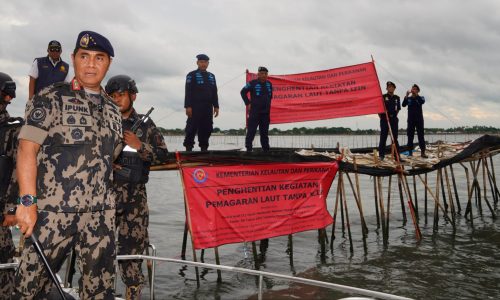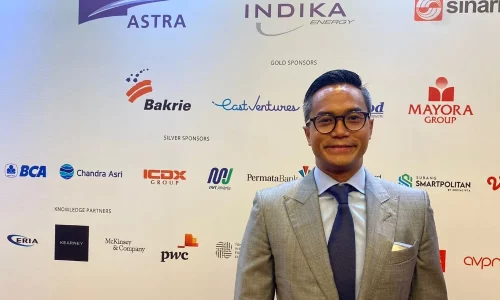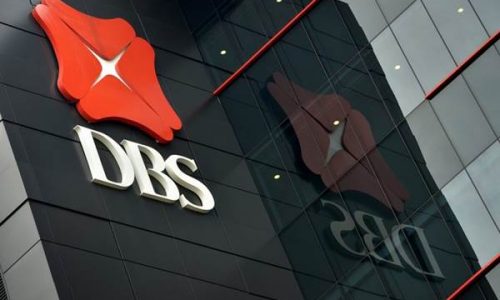The Ministry of Investment has reported a 22.1 percent year-on-year increase in investment value in the first quarter of this year, reaching Rp401.5 trillion (US$ 24.7 billion). All funds were allocated to 239,644 projects within the country.
Foreign investment dominated with 50.9 percent, amounting to Rp204.4 trillion, while domestic investment totaled Rp197.1 trillion. Moreover, investments outside of Java accounted for 50.1 percent of the total investment, reaching Rp201 trillion.
The Ministry of Investment noted that the achievement in investment from January to March 2024 contributed 24.3 percent to the 2024 investment target of Rp1,650 trillion. This figure represents 32.4 percent of the 2024 Strategic Plan target of Rp1,239.3 trillion.
The government found that the majority of domestic investors allocated their funds to the infrastructure and service sectors, totaling Rp104.5 trillion. Meanwhile, the majority of foreign investors invested in the manufacturing sector, amounting to Rp112.5 trillion.
Infrastructure and service sectors received the highest share of investment in the first quarter of 2024, accounting for 42.1 percent of the total investment, totaling Rp169.2 trillion. This was followed by the manufacturing sector with Rp161.1 trillion and the primary sector, including natural resource development, with Rp71 trillion.
On the other hand, investments in downstream programs contributed 18.9 percent to the total investment in the first quarter of 2024, amounting to Rp75.8 trillion. Investment in metal refining facilities or smelters reached Rp43.2 trillion.
The Ministry of Investment highlighted that investments in nickel smelter construction dominated the investment value of downstream programs in the first quarter of 2024, amounting to Rp33.4 trillion. This was followed by investments in copper smelters worth Rp8.4 trillion and bauxite smelters around Rp1.4 trillion.









